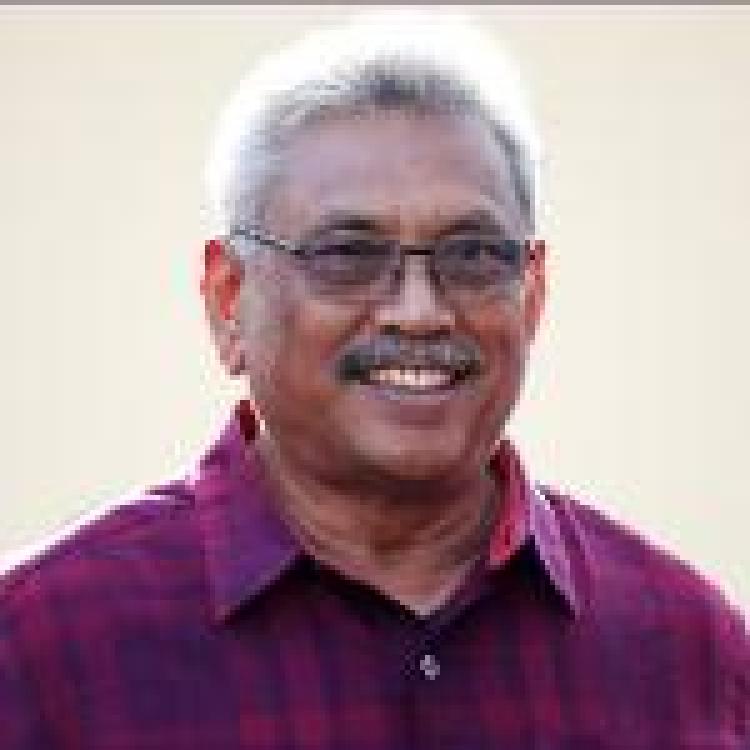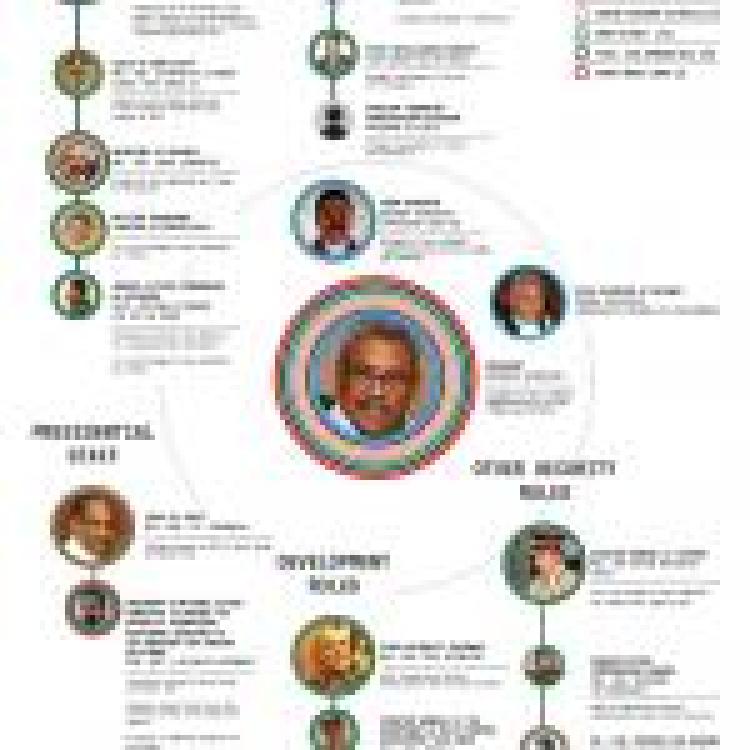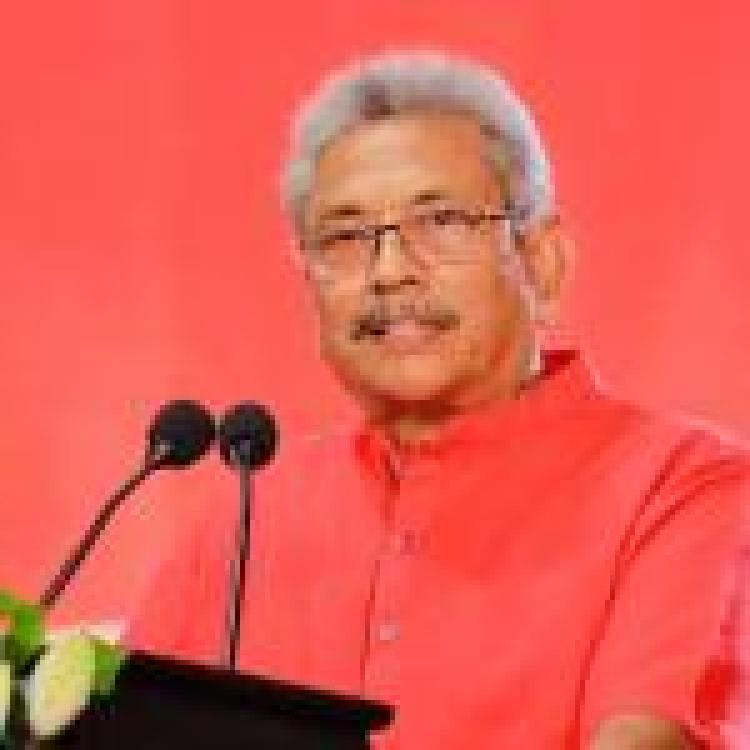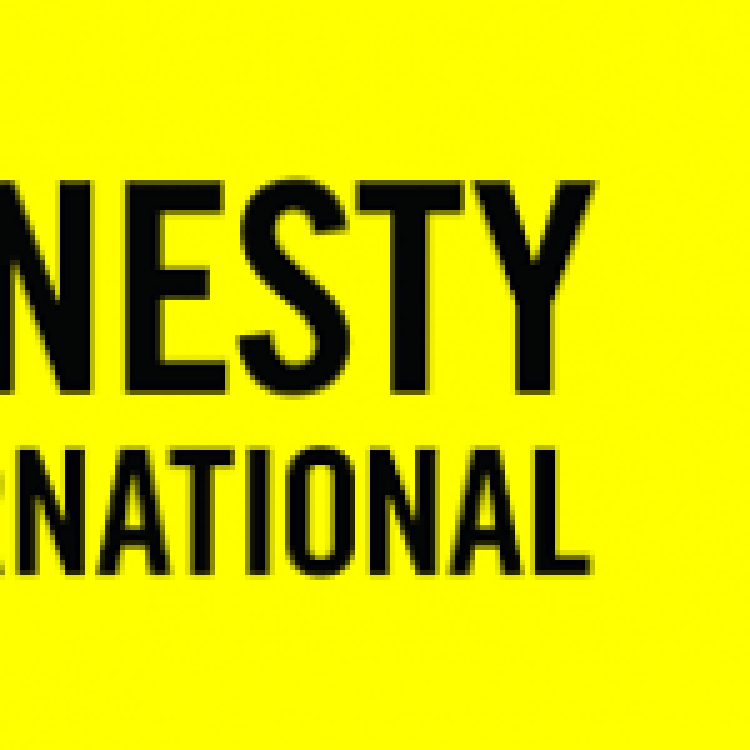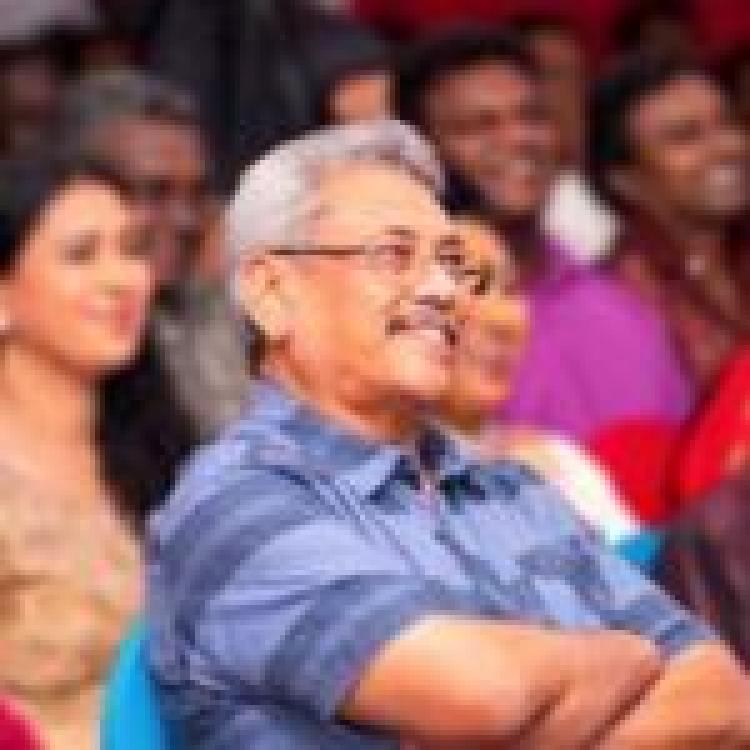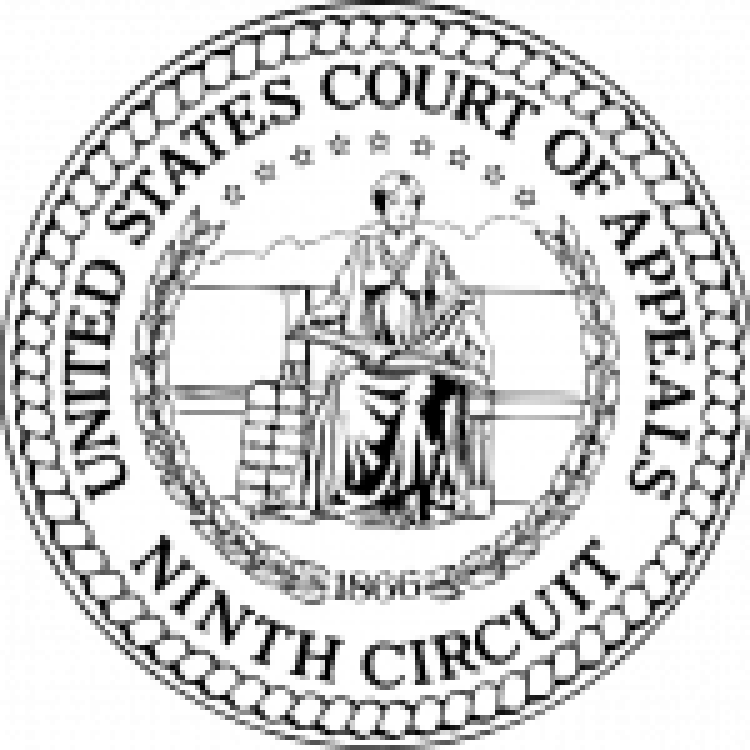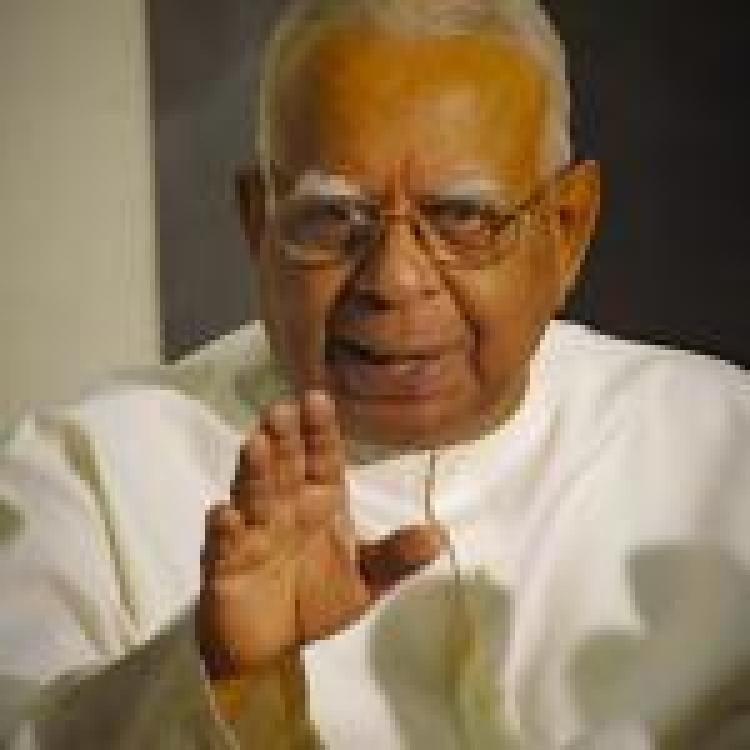![]()
Sri Lanka’s president hit back at a report in The Hindu last week, which covered a speech he gave declaring he would not permit investigations into war crimes committed by Sri Lankan armed forces, maintaining that human rights are not “clear-cut rules”.
In a written response by the Sri Lankan President’s Media Division, Rajapaksa insisted The Hindu article did not reflect “the real situation”.
Rajapaksa oversaw a 2009 military offensive as Sri Lanka’s Defence Secretary, which saw the slaughter of tens of thousands of Tamil civilians and the repeated shelling of hospitals. When questioned on the atrocities, Rajapaksa has often lashed out at interviewers and has now taken the step of responding directly to The Hindu.
“Maintaining the human rights of an individual is akin to preventing muddy puddles during rain,” claimed Rajapaksa. Due to the “volatile” nature of warfare, International Humanitarian Laws are “not a set of clear-cut rules in black and white that one may tick off against,” he added.
He went on to claim that there have been no “proven allegations” of war crimes and that the UN’s figures of 40,000 Tamil civilians killed was a “guess” and “not an estimated” figure.
Instead of acknowledging war crimes, Rajapaksa’s statement went on to defend his pardon of a convicted Sri Lankan war criminal Sunil Ratnayake, who was sentenced to death for the murder of eight Tamil civilians, including three children. Rajapaksa released him within months of taking office, claiming the decision was “not unreasonable or unethical” and that the Sri Lankan government had pardoned former LTTE cadre who “had done worse”. The move had sparked international uproar earlier this year.
Rajapaksa went on to stand by Sri Lanka’s current head of army, Shavendra Silva who is currently barred from entering the USA “due to credible information of his involvement, through command responsibility, in gross violations of human rights”. Silva headed a notorious military unit that reportedly executed surrendering Tamils in 2009. Rajapaksa though claimed the reports are “unsubstantiated and arbitrary” and any reference to them is “very unfair”.
The official statement also denied the on-going and well-documented militarisation of the island was an issue, claiming there are “a number of instances where closely bonded relations between the security forces and people in the area had surfaced”. His statement comes despite years of protests against the heavy military presence in the North and East as well as the on-going intimidation and violence from the security forces targeted towards civil society actors.
Read more from The HIndu here.

